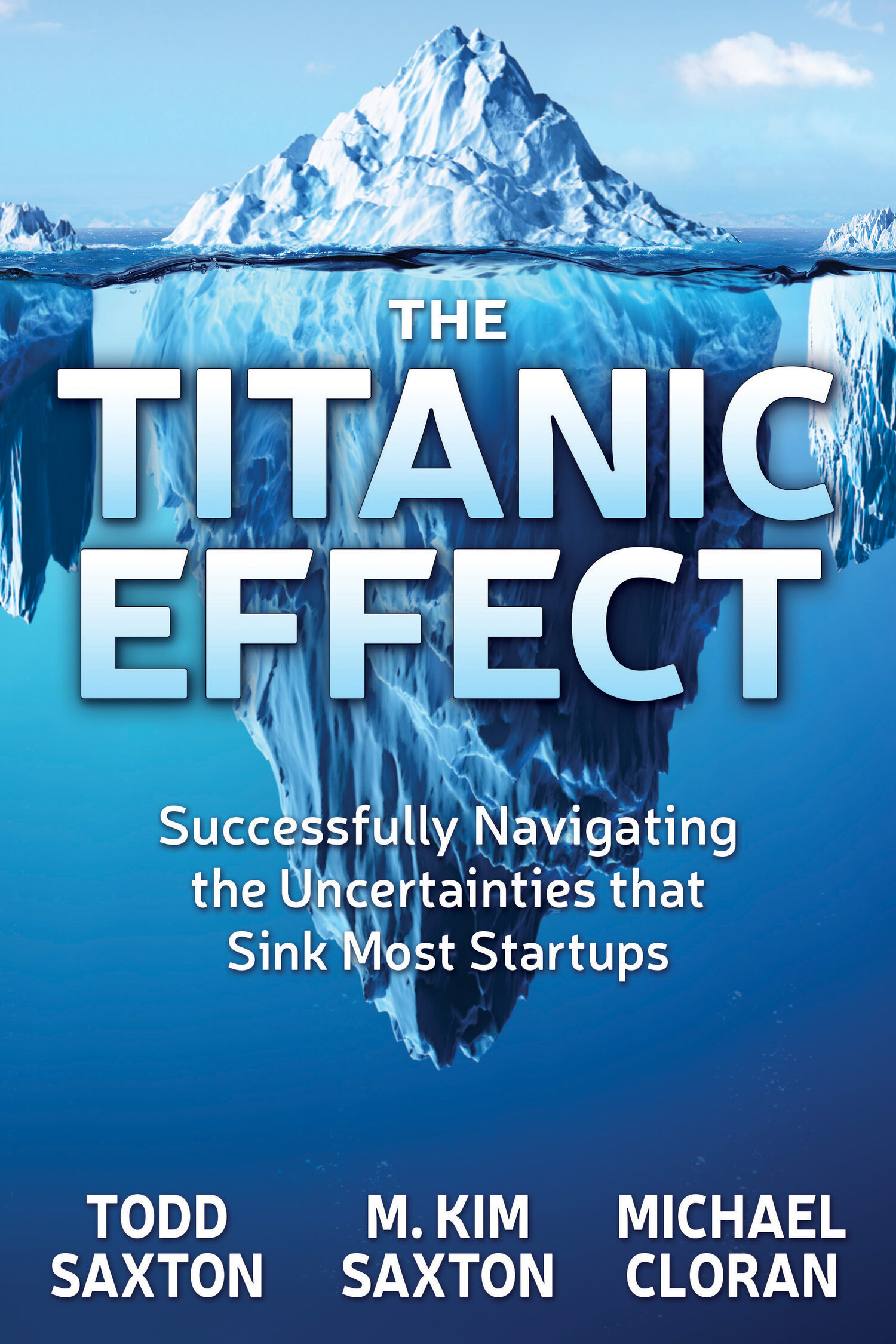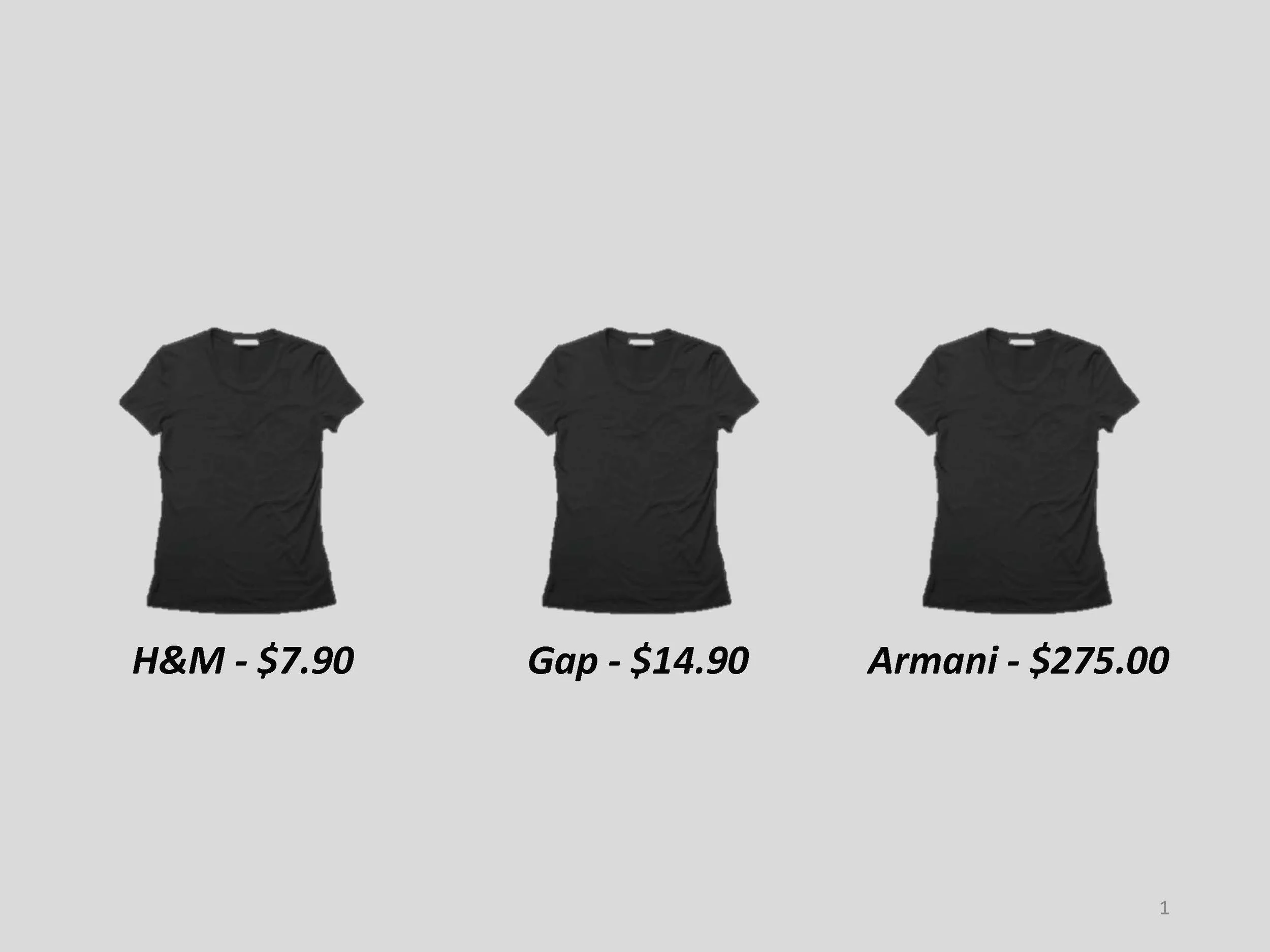Pricing is one of the hardest decisions, for both startups and larger firms. Price too low and there’s not enough profit; you leave money on the table. Price too high and you can’t get enough customers or build traction. Add in that many people see price as an indicator of quality. For those people, pricing too low indicates that your product offering isn’t valuable. What is the target market willing to pay? This question can be hard to answer.
Writing a Book is Like Starting a Venture? No Way.
Taking the Plunge -- When to Hire the First Employee
Starting a company can be awesome, especially in the ideation phase—when everything is blue sky and possibility, and nobody has to worry about making payroll. But no founder or even founding team can be successful going it alone. Eventually you have to hire others to help you get the job done and move from a fantastic idea to a real company. So when do you know you are ready for that first hire?
Our Origin Story
Like every superhero (#Glass and thanks @StanLee @Marvel), every startup has an origin story. We shared a few pieces in our first blog post, Click to Send - which documented the moment of truth when we actually committed to being done writing so that @MorganJames could begin the publishing process. With the final book on its way, we thought it might be opportune timing to share our own origin story with the genesis of The Titanic Effect idea.
But first, an update on our journey -- last week we received (and signed) our first set of “pre-release” printed books…
50 Ways to Validate Your Startup Idea (Okay, it’s More like 5)
We’ve said it before and we’ll say it again – a great startup founder has to be a little humble. Imagine that you see a problem and find a great solution. You get so excited. You envision a cool solution and start building a product. You figure out how much money you are going to need to get the product built and then…
Target Marketing 101 for Startups
Picking a marketing strategy is a lot harder for startups than it sounds. Why is that? Basically, it means making three inter-related decisions (that is, the answers to #2 and #3 change as #1 changes):
Who are you talking to? That’s your Target Market.
What are you talking to them about? This is the Frame of Reference, or the product category or the group of competitors to be dealt with.
Why should they choose you? This is your Point of Differentiation.
But notice, the first key decision is “Who is the target market?”
Startup Strategy is NOT a Road Map
“Plans are worthless, but planning is everything.” - Dwight D. Eisenhower
How many times have you heard the statement, “We need a road map to make sure we are headed in the right direction?” In fact, sometimes the business plan is described as “the road map” for the buddingstartup. Unfortunately, the road map as a metaphor prompts all the wrong associations for even the most promisingnew startup. Why?
Entrepreneurship is an “Uncertainty” Management Job that Evolves over Time
People sometimes describe entrepreneurs as risk takers. They see starting a company as a risky activity. Yes, there is risk involved. But, navigating uncertainty rather than being risky is the essential task of the entrepreneur. What to build, how to build it, whom to partner with, whom to sell to, and how to fund growth… these are really tasks laden with uncertainty.
What are the Growth Patterns for Startups?
Most founders we talk to have a little glaze in their eyes as they share their vision. You can tell that in their mind’s eye, they see their startup as a Unicorn. At a minimum, they can see revenues of $100 million. And that’s great – they should have a lofty and bold vision of what they can accomplish. Without that vision, they are guaranteed not to get there. We wondered, just how likely is this kind of an outcome?
Why A Startup Needs to Launch in An Existing Market Category
If you listen to a variety of startup pitches or work closely with startups, one refrain you often here is – “we are unique, there’s no one else like us.” What appeals to a founder about this idea is that they don’t have any competitors. Instead, this is a hidden debt that we explore in the Marketing Ocean.
So, why do we say being in a market category of one company is a bad idea?




